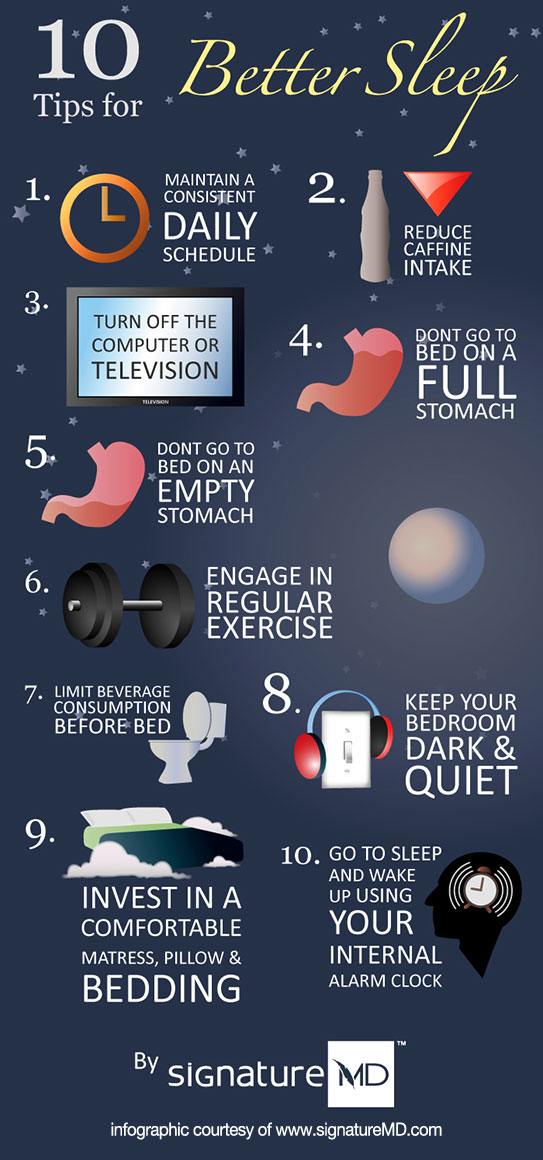HERE ARE SOME INTERESTING STATS about soft drinks:
- The average soft drink serving size has tripled since the 1950s.
- The average person drinks about 45 gallons of soda per year.
- 7% of adults drink four servings or more per day.
- At least 20% of children drink four servings or more per day.
Soft drinks are loaded with sugar and empty calories. Consumption has been linked to obesity, diabetes, and heart problems.
But of major concern to us, as your lifelong oral health partner, is that sugary, carbonated drinks really bully your teeth!
1. The Acids Eat Away At Your Tooth Enamel
Your tooth enamel is strong—the hardest substance in your body, in fact. But the phosphoric acid and citric acid in soft drinks (ironic name for sodas, isn’t it?) is stronger.
2. Carbonated Sugar Is Replacing Calcium-Rich Milk
In 1966, Americans drank more milk (33 gallons/year) than soft drinks (20 gallons/year). Contrast that with 2010, when the average American drank 45 gallons of soft drinks and only 20 gallons of milk.
3. Diet Isn’t Really Better
You can remove sugar from the equation, but the acid is still there! In fact, many sugar-free soft drinks are more acidic than high-sugar ones.
Root beer may be the safest soft drink for your teeth, even though it’s loaded with sugar. Why? Because it’s comparatively low in acid.
4. Constant Sipping Creates A Constant War Zone
Every time you take a sip of a Coke, your mouth becomes an acid-attack zone. It takes your mouth up to 30 minutes to rebalance and create a safe zone for your teeth again. Until then, your teeth ARE losing protective substance, leaving them more vulnerable to cavities, and sensitivity.
5. It’s A Dessert Disguised As A Beverage
Don’t believe us? Here’s the math… One 12 oz can of Coke (the smallest serving available) has 39 grams of sugar, which is more than…
- 3 snack packs of Chips Ahoy
- 2 servings of frozen yogurt
- A whole slice of apple pie WITH ice cream on top.
So, minimize the damage by:
- Drinking less! Replace soft drinks with milk, water, even juice.
- Drinking it all at once, instead of sipping all day.
- Swishing it down with water to clear away the sugar and acidity.
A Fun Little Video Done By 5th Graders For The “Pour It Out” Contest!
What Do YOU Think?
What are YOU doing, if anything, to cut back on beverages that aren’t great for your teeth? Are you trying to drink more water? Any secrets for doing so that you can share with us and with our other patients? Please comment below, or on our Facebook page. We love hearing from you.
Thanks for being our valued patient!



